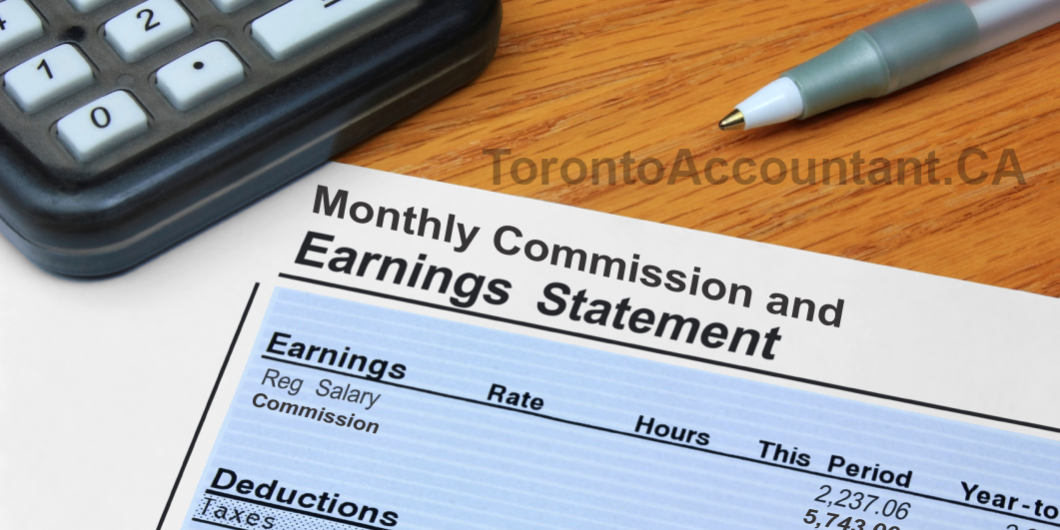With jobs being hard to get both employers and employees are becoming more creative with their business and financial needs. In the past there have been a lot of people who simply prefer a salary or a wage and don’t want the insecurity that can come with commission payments. Businesses that are struggling but still need help are opting for commission paying which helps to relieve the pressure of having to pay employees when business is slow.
Salary plus Commissions

One approach is to pay an employee a low base wage then a percentage of sales generated so they get a commission on the work performed. Another option is an employer may offer strictly commissions but with allowable expenses to be claimed. Then there is also a bonus option for payment where employees are paid a commission based on a certain volume of sales and this type of payment occurs periodically.
Commission payments have to be handled with a specific criteria according to CRA rules. If the employer is paying commissions plus a wage and there is no option that includes expenses then the calculations for tax purposes are fairly simply. The commission amount gets added to the regular wage and then the employer can use the manual tax deduction chart to calculate the amounts that need to be withheld.
It can get a little more complicated if payments are being made by bonuses, which means this type of payment is taking place intermittently. If the bonus payment is being made by way of separate check and not included in the regular pay check then the Canada Pension Plan contributions have to be calculated without taking into account the annual basic exemption amount for CPP. Other deductions like the EI premiums and tax also have to be withheld from this bonus amount.
Now, if you as an employer are paying commissions with expenses, this means that you are allowing the employer to claim some expenses that he incurred in order to earn the commissions. In this case the employee has an option to complete the TD1X form and also has to fill out the TD1.
These employees who are receiving commissions and are claiming employment expenses must ensure that their employer fills out Form T2200.
There are also a lot of people who work part time perhaps selling cosmetics or home products on a commission basis and they too have to follow the Canada tax rules. Commission income can get complicated and for this reason as well as others it is a good move to use a trusted Toronto accountant to help you complete your tax returns properly and guide you as to what your tax obligations are.



